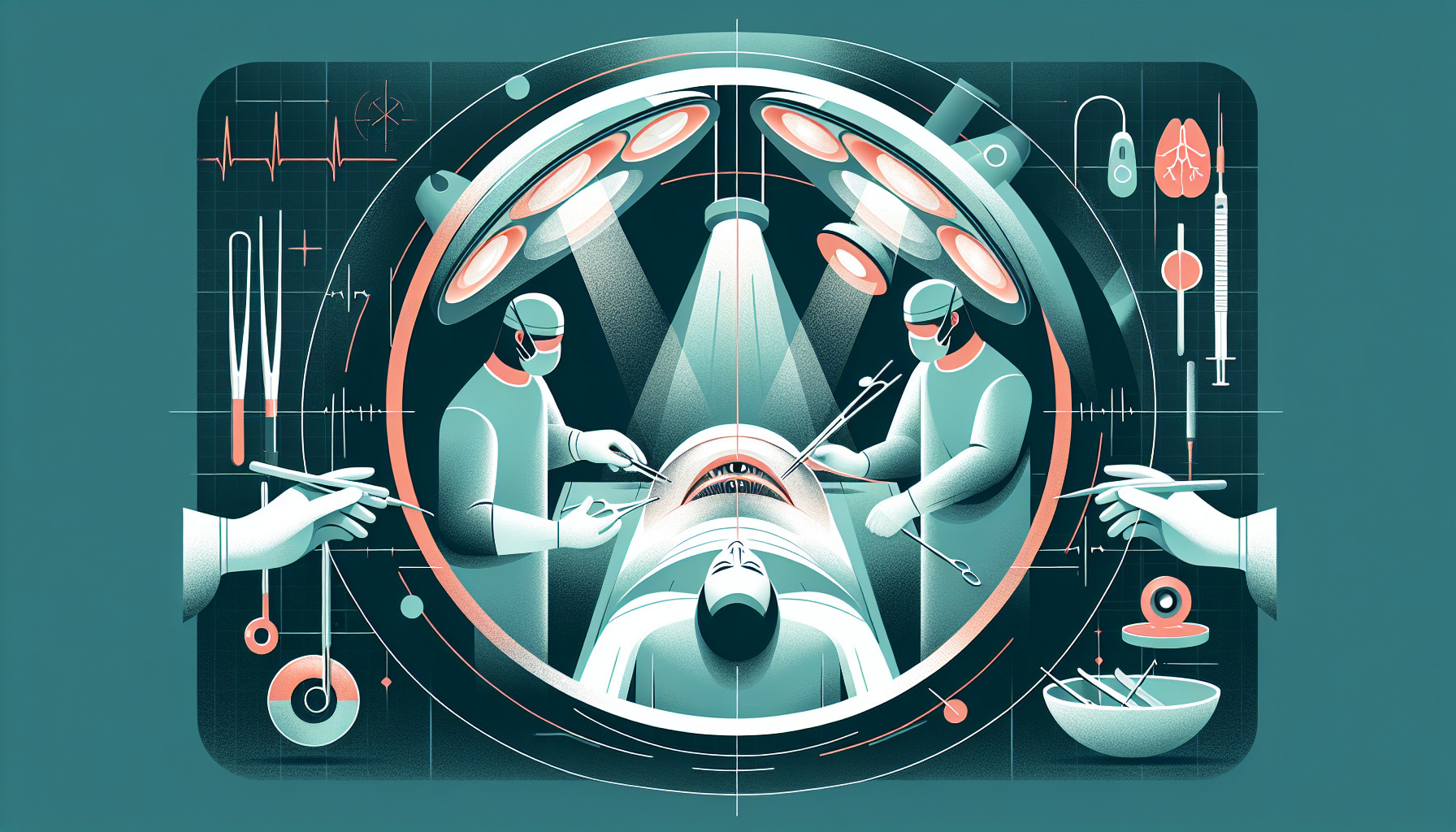Our Summary
This research paper is all about the different techniques used in a specific part of cataract surgery called anterior capsulotomy. The two most commonly used methods are Manual continuous curvilinear capsulorhexis (CCC) and femtosecond-laser-assisted cataract surgery (FLACS). Both of these techniques have been shown to work well for a wide variety of patients and complications during cataract surgery. A number of studies have shown that FLACS gives similar results to CCC in terms of the long-term outcome of cataract surgery. There are also some newer methods being used that aim to provide the benefits of laser surgery but at a lower cost. Two of these newer techniques, called precision pulse capsulotomy (PPC) and selective laser capsulotomy (SLC), have shown potential in the few studies that have been done so far.
FAQs
- What are the two most commonly used methods in anterior capsulotomy during cataract surgery?
- How do the results of femtosecond-laser-assisted cataract surgery (FLACS) compare with those of Manual continuous curvilinear capsulorhexis (CCC) in the long-term outcome of cataract surgery?
- What are some of the newer techniques in cataract surgery that aim to provide the benefits of laser surgery but at a lower cost?
Doctor’s Tip
A doctor might tell a patient that cataract surgery is a safe and effective procedure that can greatly improve their vision. They may also advise the patient to follow their post-operative instructions carefully, including using prescribed eye drops and attending follow-up appointments. It is important for the patient to communicate any concerns or changes in their vision to their doctor promptly.
Suitable For
Patients who are typically recommended cataract surgery include those who have significant visual impairment due to cataracts, difficulty performing daily tasks such as driving or reading, and those experiencing glare or halos around lights. Additionally, patients with other eye conditions such as glaucoma or age-related macular degeneration may also benefit from cataract surgery to improve their overall vision. It is important for patients to consult with their ophthalmologist to determine if they are a good candidate for cataract surgery and to discuss the best technique for their individual needs.
Timeline
Before cataract surgery:
- Patient undergoes a comprehensive eye exam to determine the severity of the cataract and overall eye health
- Patient meets with their ophthalmologist to discuss treatment options and potential risks and benefits of surgery
- Pre-operative testing is done to ensure the patient is healthy enough for surgery
- Patient may need to stop taking certain medications prior to surgery
- Patient is given instructions on how to prepare for surgery, such as fasting before the procedure
After cataract surgery:
- Patient may experience blurry vision, sensitivity to light, and mild discomfort immediately after surgery
- Patient is given eye drops to prevent infection and reduce inflammation
- Follow-up appointments are scheduled to monitor healing and check for any complications
- Patient may need to wear a protective shield over their eye while sleeping to prevent injury
- Vision gradually improves over the following days and weeks as the eye heals
- Patient may need to undergo additional procedures, such as YAG laser capsulotomy, to address any post-operative complications
Overall, cataract surgery is a safe and effective procedure that can greatly improve a patient’s vision and quality of life. With advancements in technology and techniques, the recovery process continues to improve, leading to better outcomes for patients.
What to Ask Your Doctor
Here are some questions a patient should ask their doctor about cataract surgery:
- What is cataract surgery and why do I need it?
- What are the risks and benefits of cataract surgery?
- What are the different techniques used in cataract surgery, and which one do you recommend for me?
- What is the success rate of the technique you are recommending?
- What is the recovery process like after cataract surgery?
- Are there any potential complications or side effects I should be aware of?
- Will I need to wear glasses or contact lenses after cataract surgery?
- How long will the results of cataract surgery last?
- How experienced are you in performing cataract surgery?
- Are there any alternative treatments to cataract surgery that I should consider?
Reference
Authors: Abbas AA, Bu JJ, Chung J, Afshari NA. Journal: Curr Opin Ophthalmol. 2022 Jan 1;33(1):47-52. doi: 10.1097/ICU.0000000000000820. PMID: 34854828
